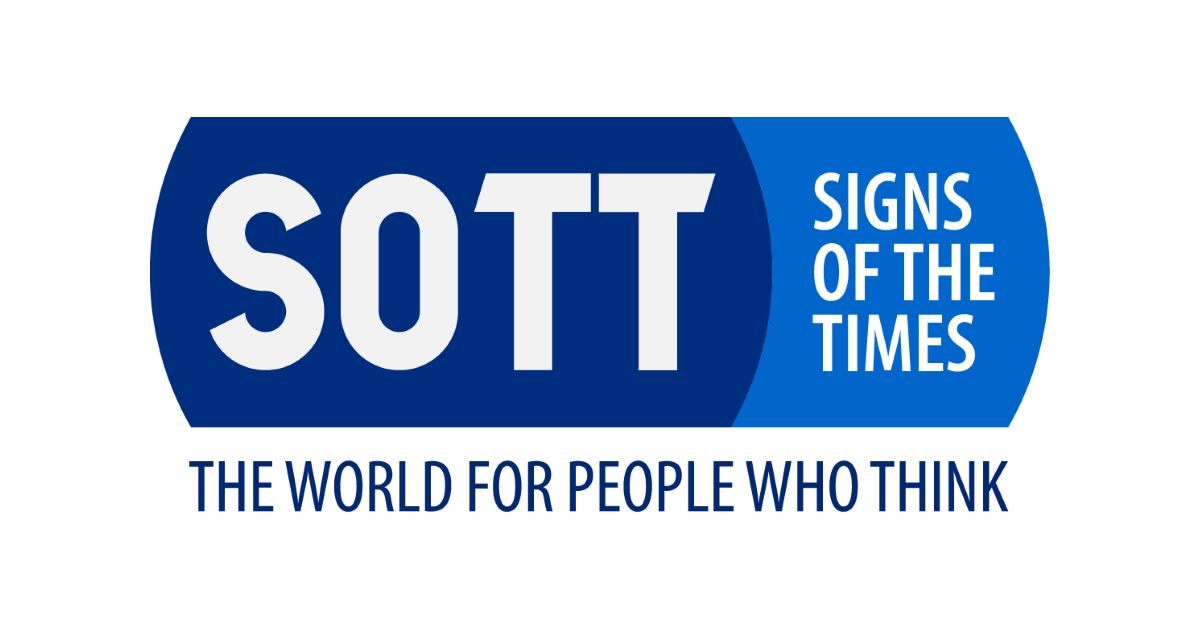Q: (L) All right. Here's Keyhole:
(Keyhole) In the book "Milk Diet as a Remedy for Chronic Disease" (1911), Dr Charles Sanford Porter explains his practice of treating thousands of patients with many different maladies using a diet consisting solely of raw milk. Another book "The Miracle of Milk: How to Use the Milk Diet Scientifically at Home" by Dr Bernarr Macfadden...
(L) I remember him. Not because I'm that old, but because I saw his book...
(Keyhole) ...was published some years later in 1923, and describes a similar protocol.
Dr Porter found that heating the milk (pasteurization) destroyed its ‘healing’ properties, and insisted on the raw variety. There are at least 42 studies demonstrating that consumption of raw milk in childhood confers substantial protection against the development of immune disorders like allergies, asthma, and atopic diseases. This is not found for pasteurized milk.
Raw milk possesses a rich microbiota, including many beneficial species of probiotic bacteria. Intake of raw milk increases abundance of beneficial gut microbes and reduces dysbiotic bacteria. This is all destroyed through the pasteurization process.
Raw milk/milk products contain numerous beneficial substances including: lactoferrin, immunoglobulins IgG and IgA, transfer factors, lactobacillus acidophilus, bifidobacteria, whey, vitamin A, D, K2, calcium etc.
Pasteurization of milk makes various proteins more allergenic and less digestible, it also reduces nutrient bioavailability.
There is a large body of people who report substantial benefits in gut health after consuming raw milk. Likewise, many people who were unable to tolerate pasteurized dairy products report being able to tolerate raw milk. There are accounts of some doctors/patients surviving on 100% milk diets for prolonged periods (up to 42 years, according to Charles Sanford).
Dr Weston A. Price found that several traditional cultures who consumed an abundance of dairy appeared to be in good health and lived disease-free.
(L) Finally we get to the question:
(Keyhole) Considering this research, is raw cow's milk good for most people?
A: No.
Q: (Joe) Is it good for some people?
A: Yes. Note that children were specifically mentioned. Milk is a neonatal nutrient designed to promote growth. In the natural world creatures no longer consume milk after weaning. In some cultures, as mentioned, adults appear to do well with dairy products. What is not apparent is the adaptation and the weeding out of those who did not survive so well.
Q: (L) So, you're saying that in this group that Weston Price mentions, ‘traditional cultures who consumed an abundance of dairy, appeared to be in good health and lived disease free’... Those were individuals who had basically adapted, and anybody in their cultural group from previous generations who could not adapt basically died off, and only left alive those people who were tolerant. Is that it?
A: Yes.
Q: (L) And it said, ‘42 studies demonstrating that consumption of raw milk in childhood confers substantial protection against the development of immune disorders’. And that's with raw milk.
A: Yes but there are still dangers. Remember that milk is growth promoting. If the individual is not fully adapted, that growth promotion can take unpleasant directions.
Q: (Andromeda) It's also growth promoting for a specific type of animal, right? Each different type of milk?
A: Yes. The growth schedule of a cow or goat is very different from a human being.
Q: (Joe) So, when you say ‘the growth promotion can take unpleasant directions’, are you talking about things like cancers or any kind of malignant... (Gaby) or strokes…?
A: Yes. Milk protein aggregates if not properly digested. A cow has several stomachs.
Q: (Joe) So, in that case then, is raw milk more dangerous than pasteurized milk? Does pasteurization inhibit the...?
A: No, that is not the issue. Milk can be used medicinally with benefits for very short periods for some people.
Q: (Chu) And they spelled ‘very short’ more slowly, as if they were stressing it.
Q: (Gaby) There are two main kinds of casein proteins in cow's milk, A2 beta-casein and A1/A2 beta-casein (the more common kind, allegedly the result of genetic mutation usually dated to 5000 years ago), with the second kind being the most harmful for people's health. Considering this research, is there a profile of persons who might not benefit from raw cow's milk, even if hygienically sourced from a healthy cow and even if it contains mostly the ‘beneficial’ casein?
A: Most.
Q: (L) So, most people will not benefit from raw cow's milk?
A: Yes.
Q: (Chu) What kind of person benefits, then? What kind of issue are they treating that they might benefit from drinking it?
A: Genetics plays a role along with the ability to manage the information.
Q: (L) What information?
(Joe) The information contained in the protein.
(L) Is that what it is? The information in the protein?
A: Yes.
Q: (Chu) So, it's very hard to tell, basically, if it's good for you or not.
(L) Right.
A: Casein is a receiver/ transmitter like all proteins. You might say that persons with strong bovine affinity can do better with milk than others.






